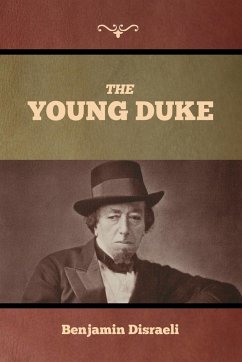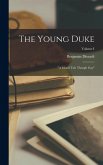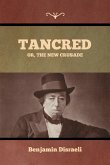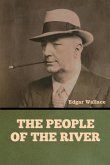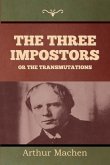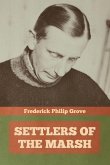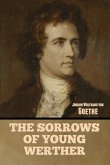The Young Duke - a moral tale though gay is the third novel written by Benjamin Disraeli who would later become Prime Minister of the United Kingdom. Despite its moderate success, Disraeli came to dislike the novel which was a hindrance to his political career. Disraeli started writing The Young Duke in late 1829, completing it in March 1830, as a means to finance his upcoming Grand Tour. Disraeli's father, the novelist Isaac D'Israeli, expressed surprise at his son's choice of subject matter for the novel exclaiming, 'The Young Duke! What does Ben know of dukes?' Disraeli had reservations about the book and considered scrapping it. Nevertheless it was published and, despite a negative review in The Quarterly Review, was both well received and reasonably successful, yielding its author £500. Over time, however, Disraeli's reservations grew such that he subsequently "bowlderised" it for the 1853 edition, in an advertisement for which he wrote that, "Young authors are apt to fall into affectation and conceit, and the writer sinned very much in this respect." A review of the 1866 edition appearing in The Spectator concludes that although "we know of no more successful writer" and that The Young Duke contains "a gleam of true power" (i.e. the gambling scenes) the general level is "infinitely below - conceited, trivial, supercilious, dull." Modern reviews are slightly less damning. Disraeli's biographer, Robert Blake, writes of the novel that, "It is indeed an enjoyable book despite all its absurdities of manner and diction..and [its] improbable plot...The style is artificial, full of far-fetched witticisms, convoluted antitheses, elaborate epigrams." "The Young Duke" contains content critical of features of its author's future lifestyle, thus hindering Disraeli's subsequent political career. Ironically one of these was the concept of a Grand Tour ("The travelling career of the young Duke may be conceived by those who have wasted their time, and are compensated for that silliness by being Men of the World") which in Disraeli's case was to be financed by the proceeds from the book. Disraeli is also critical of aristocratic dinner parties and the people who attend them. "The Young Duke" is also the first of Disraeli's novels to include comment on politicians of the day such as Robert Peel, Lord Grey and the Duke of Wellington. Such sections were more prominent in Disraeli's novels at the peak of his literary career in the 1840s. To the extent that the novel contains political opinion, it comprises its sympathetic treatment of the Catholic Emancipation movement and the view that the English aristocracy needs to be rejuvenated by its younger members so as to effectively discharge its leading role in the government of the country. (wikipedia.org) About the author: Benjamin Disraeli, 1st Earl of Beaconsfield, KG, PC, DL, JP, FRS (21 December 1804 - 19 April 1881) was a British statesman, Conservative politician and writer who twice served as Prime Minister of the United Kingdom. He played a central role in the creation of the modern Conservative Party, defining its policies and its broad outreach. Disraeli is remembered for his influential voice in world affairs, his political battles with the Liberal Party leader William Ewart Gladstone, and his one-nation conservatism or "Tory democracy". He made the Conservatives the party most identified with the British Empire and military action to expand it, both of which were popular among British voters. He is the only British Prime Minister to have been born Jewish. ...(wikipedia.org)
Bitte wählen Sie Ihr Anliegen aus.
Rechnungen
Retourenschein anfordern
Bestellstatus
Storno

